
Industry 4.0 creates opportunities to reclaim work
News | June 2, 2021
At the end of May, approximately one hundred second-year students from NHL Stenden attended the Robotics ICD Safari.
When we talk specifically about the combination of robotisation, there is a general idea that robots take over the work of people. In essence this is correct, actually it is something that was started years ago, but is that image still correct or do you create new opportunities and a choice in which activities should or should not be done by people?
Dangerous, Dirty and Dull
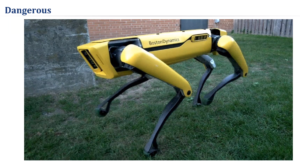
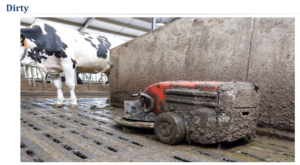
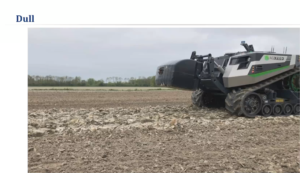
If it is dangerous, nasty or mind numbing, then it is suddenly accepted to use robots. Consider, for example, the disaster at the nuclear power plant in Fukushima in 2011.
As a result, robots have been developed that can help in nuclear disasters to prevent people from being sent into the radioactive field, as happened in Japan. These people were already so infected after three minutes that they had to return immediately.
Robots can also be used for burning houses and buildings or for dismantling bombs. All life-threatening work where the robot can help us.
Robots can also help people who suffer from RSI, for example, or they can take over boring, repetitive work from us. In addition, robotics also helps with productivity. A four-day working week, for example, was not possible everywhere until a few years ago. Because robots take over part of the work and continue working at night, this is now an option in many work situations.
Program manager Joost Krebbekx explains that both technology and ethics in robotics are closely related.
'Whether you study mechanical engineering, electronics or computer science and IT, every technology also has a downside.'
When we look at whether or not it is ethical to replace humans with robots, you can weigh this on the basis of the following criteria; BFC, aka Better, Faster and Cheaper.
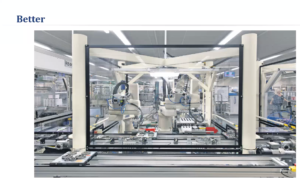
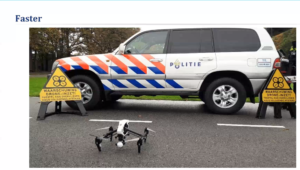
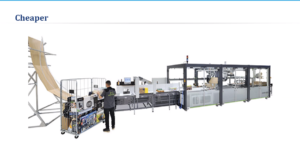
Representatives Eric Sloot and Thomas Pijper from Philips, Antons Prokopenko from BD and Cornelis Kooistra from Quadient explained this on the basis of practical experiences in the sub-presentations Robotics & Vision, 3D Robot hands, Robotics & End products, Development of autonomous systems and Robotics & Ethics. . The students were given the opportunity to ask questions and got a good idea of the status of current technology and what the considerations are whether or not to use a robot. In addition, they could decide for themselves whether this is a suitable graduation or internship assignment for them.
Sietse Vlietstra of NHL Stenden concluded with the appropriate words from Joost: “It is close by, literally a kilometer away.” Sietse added that it is certainly great for the students that we have this advanced and promising technology in the Northern Netherlands.
“We have heard interesting things about technological developments for the future of the industry and therefore also for the future of our students.” With all this information, the knowledge of these students has increased and hopefully they see some opportunities to look in the north for a good company to get started, matching their studies.
Do you find Robotics interesting or do you want to develop yourself further? Check out our job site for internships: icdrachten.nl/stages